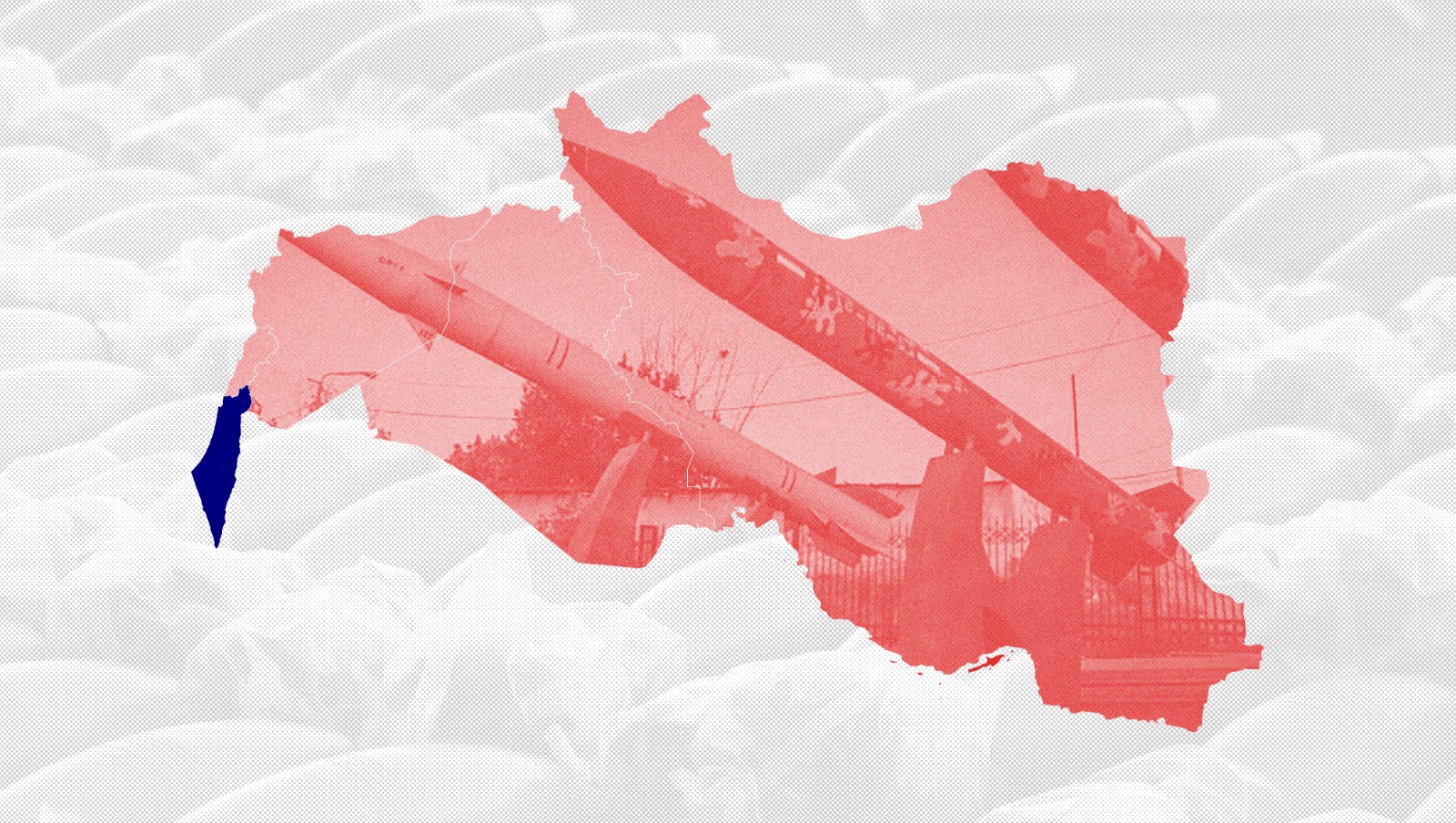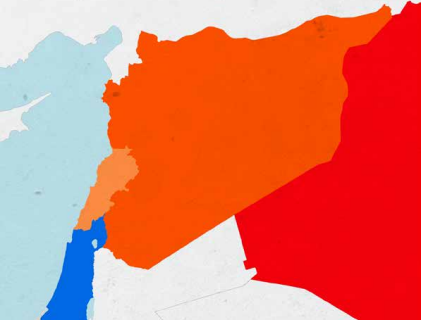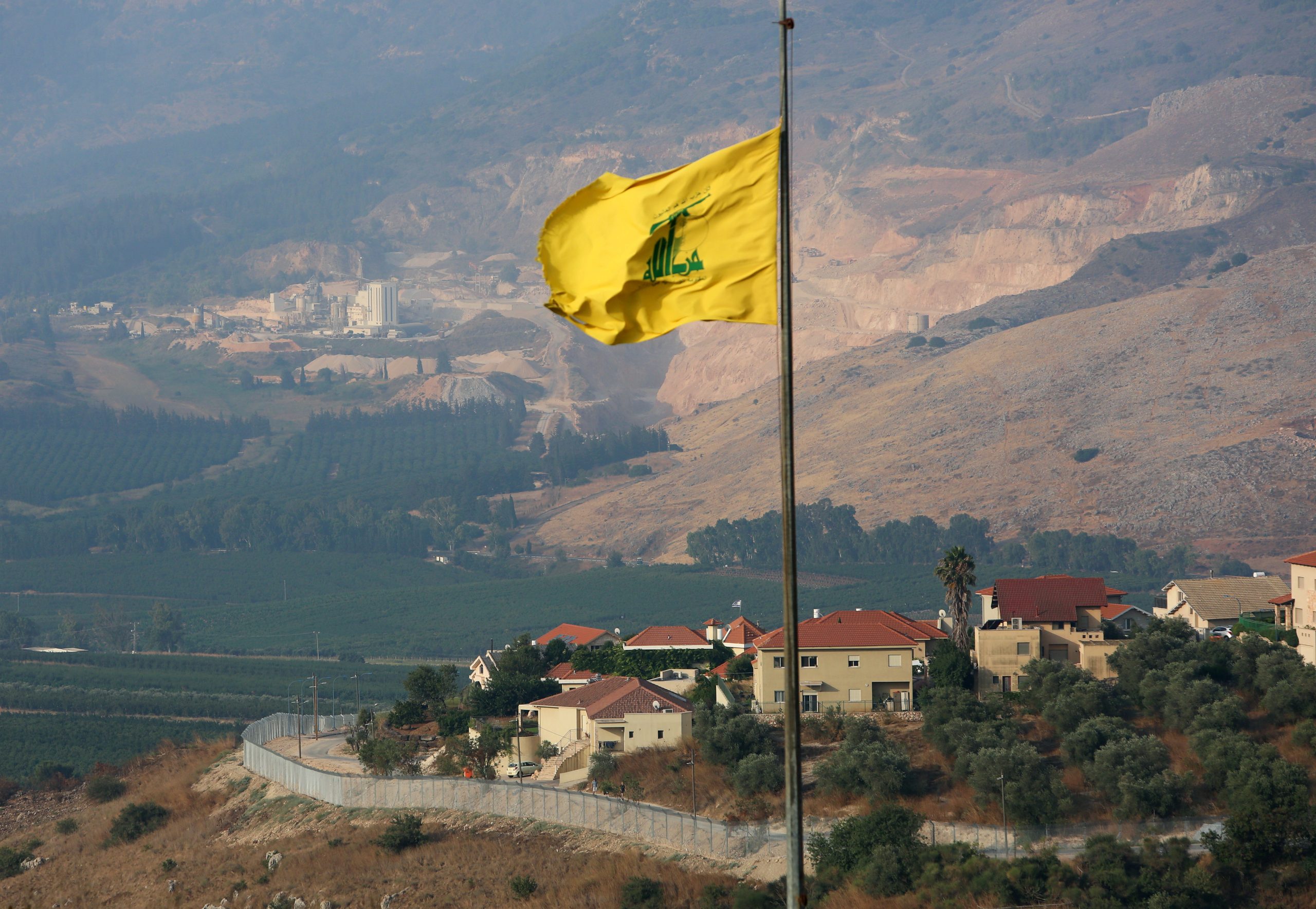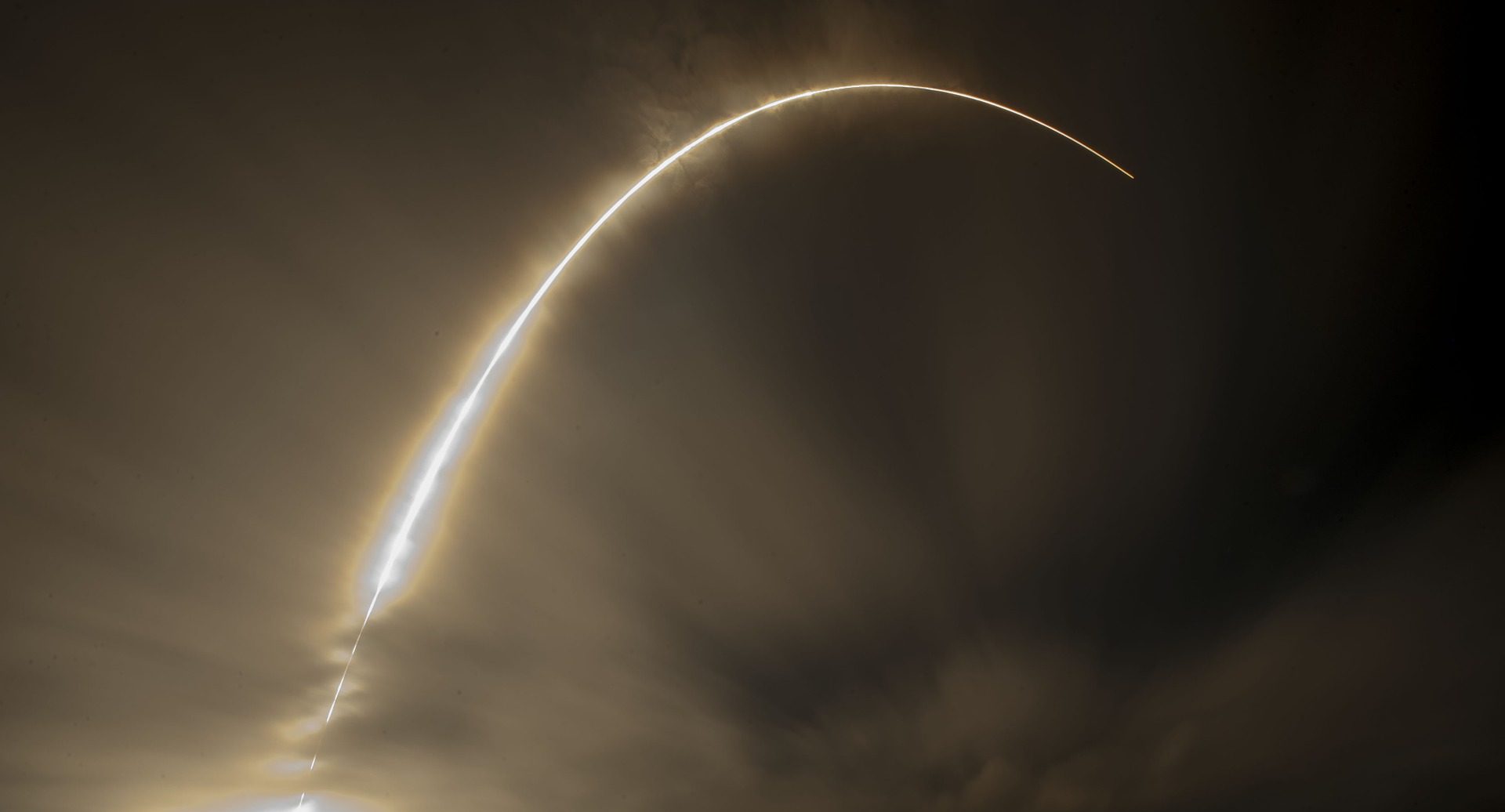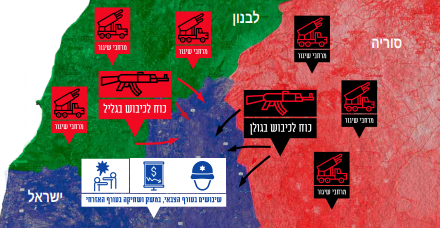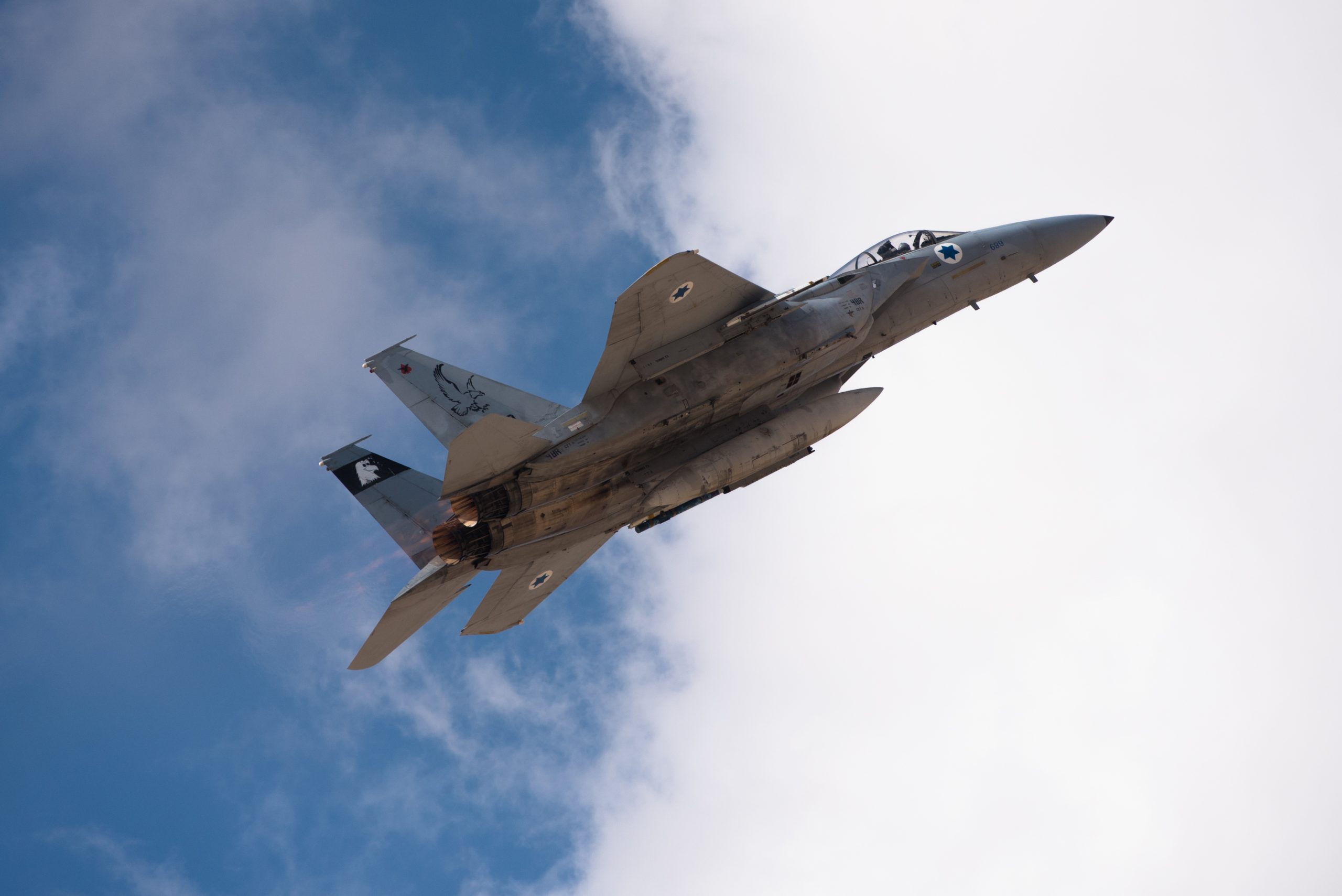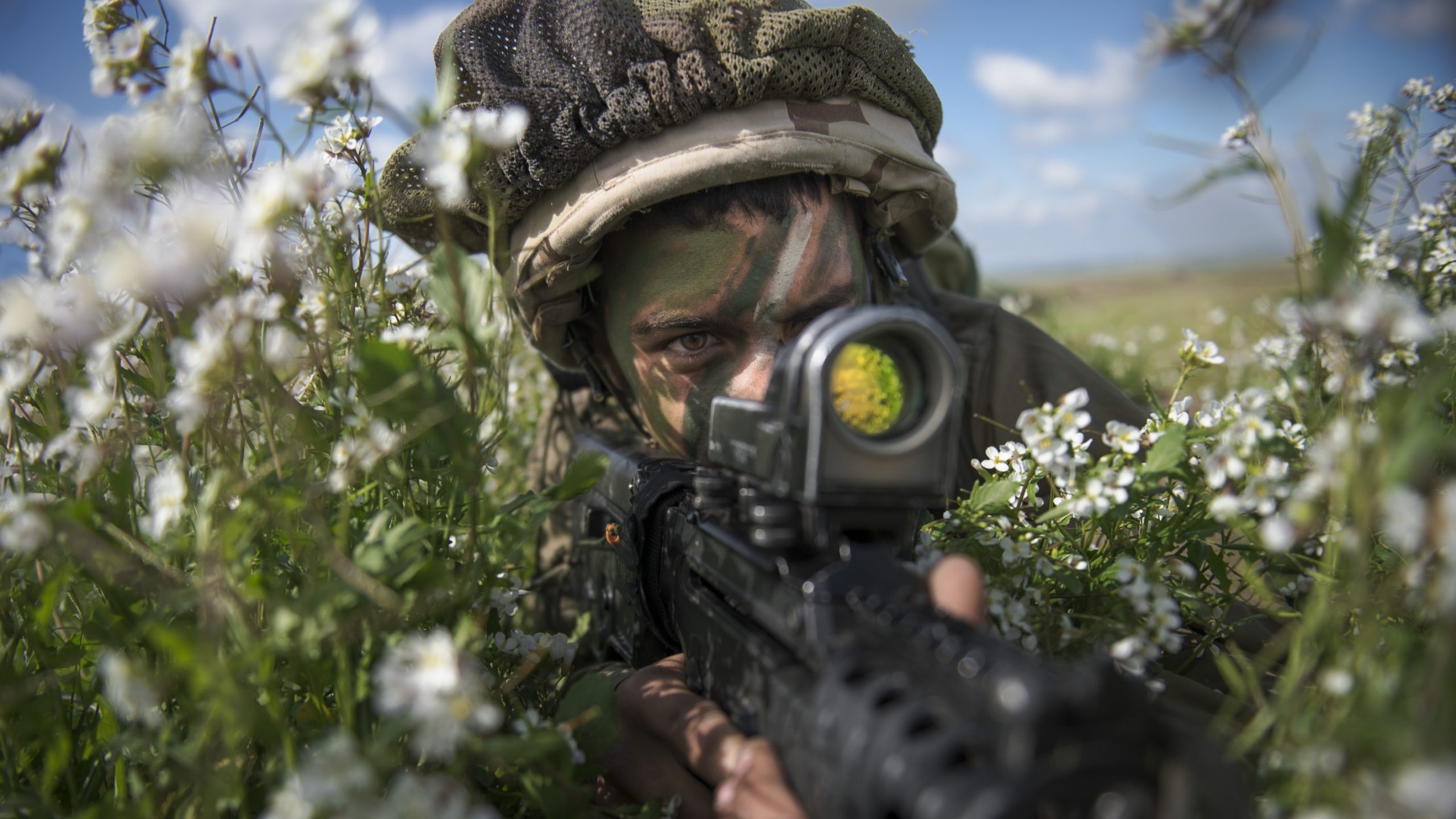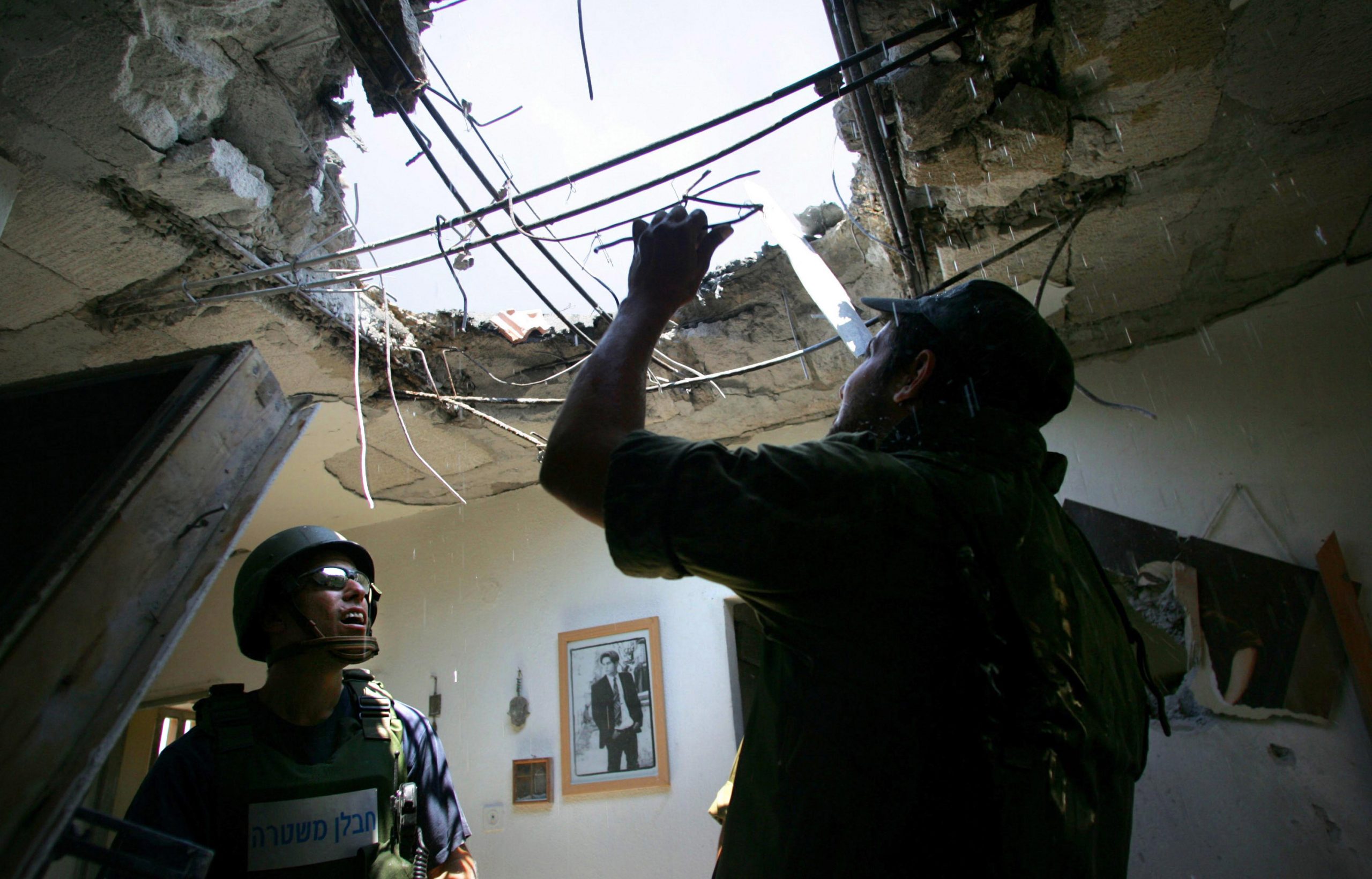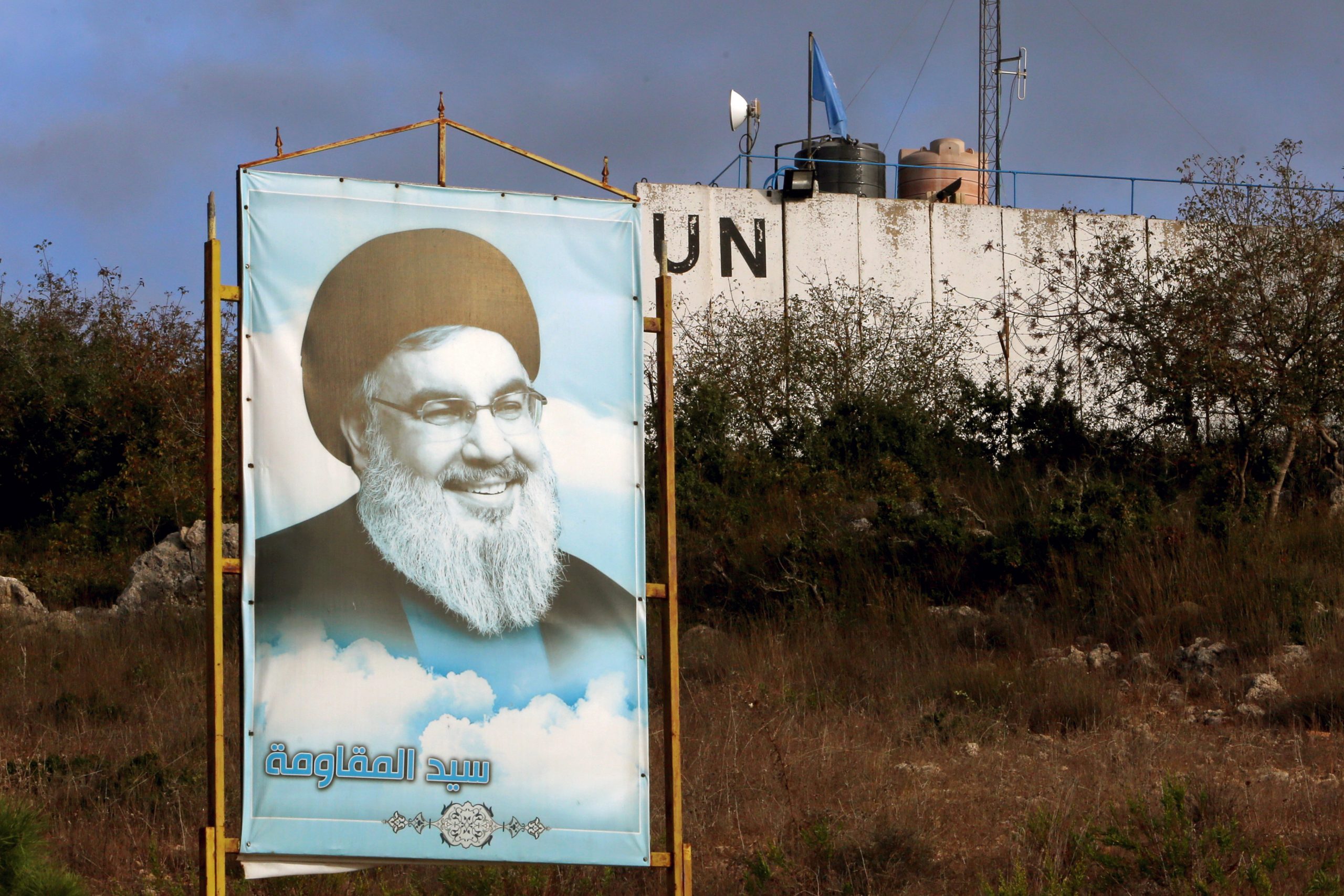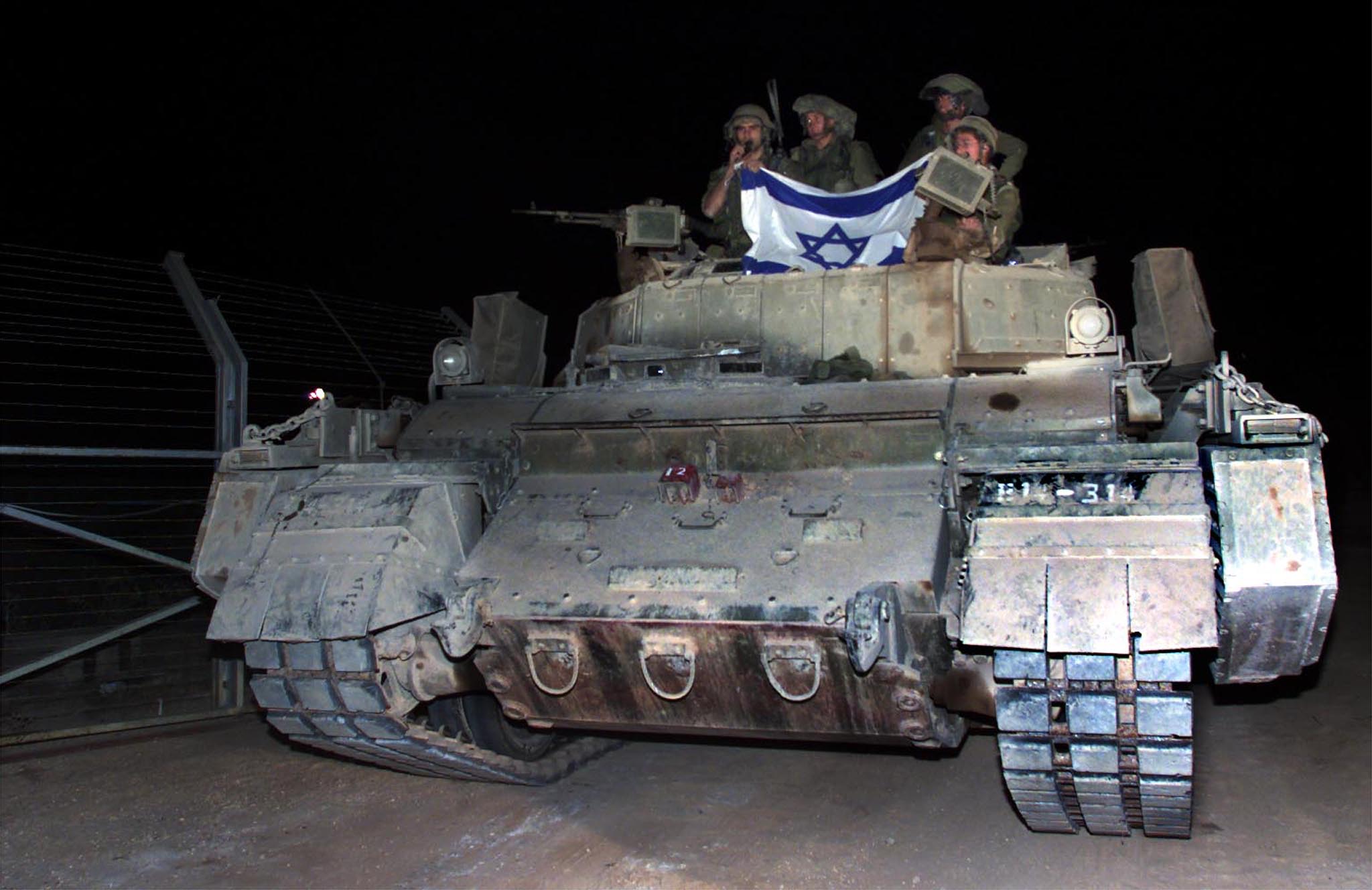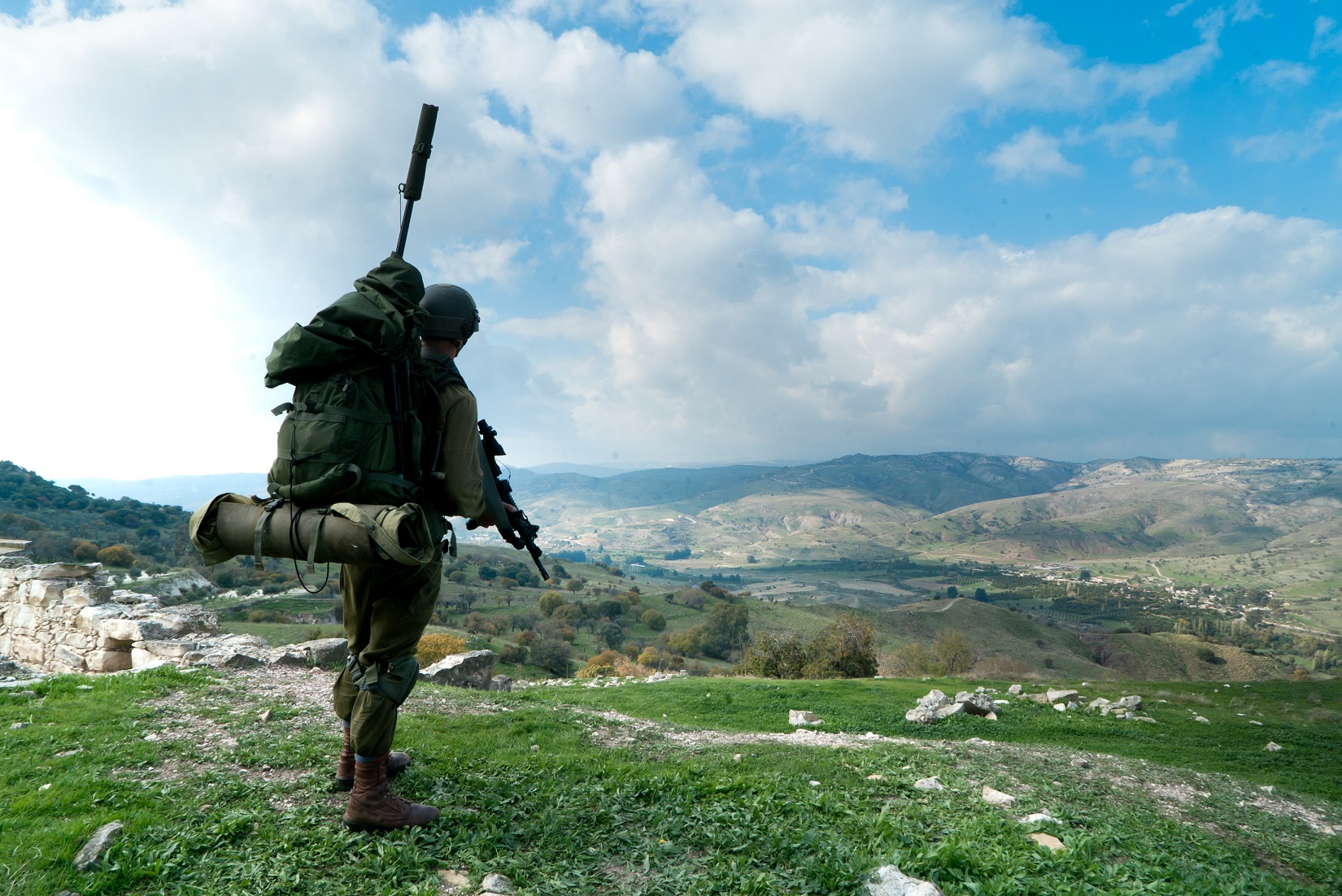Publications
Memorandum No. 211, March 7, 2021
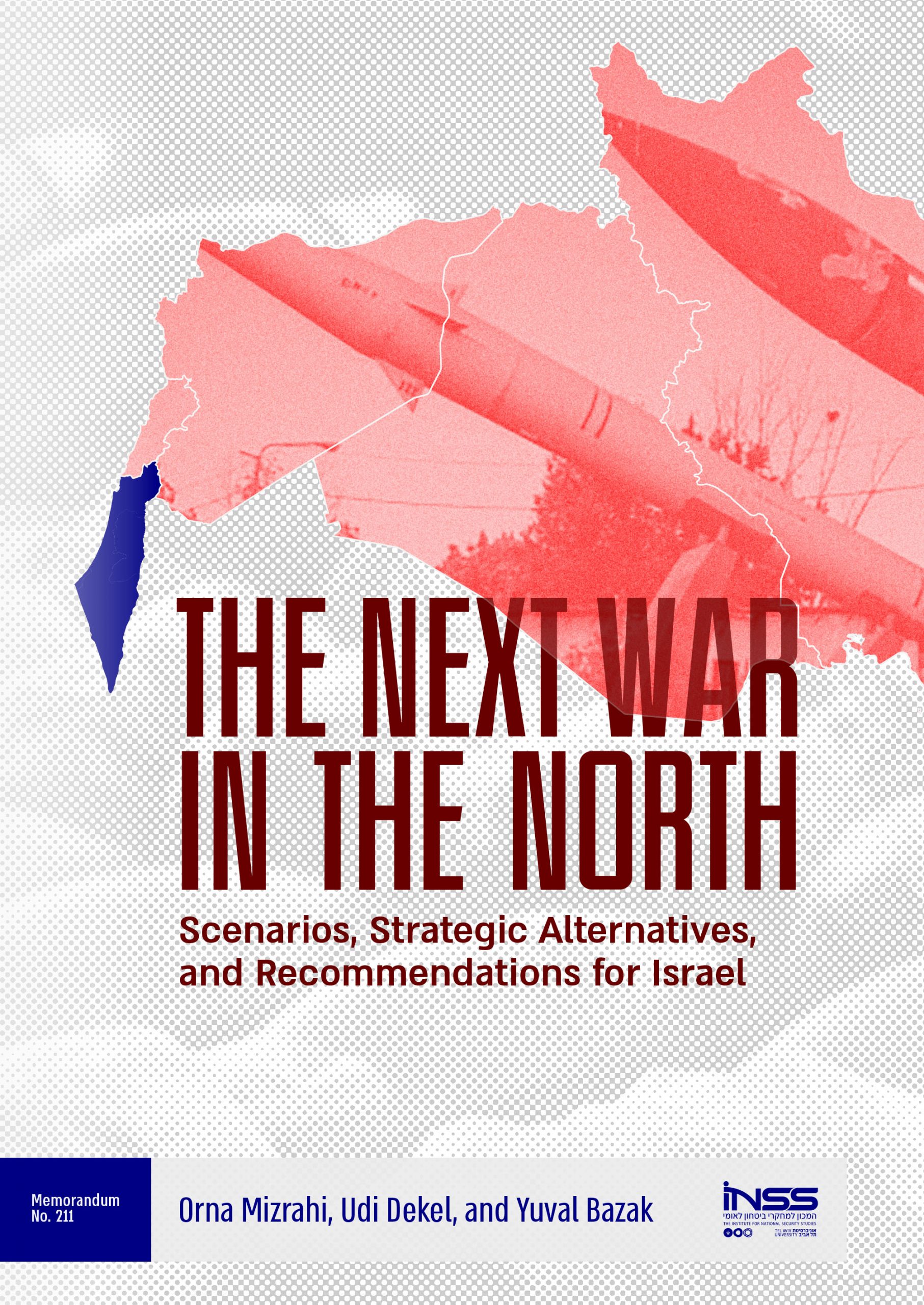
In recent years, the northern arena has emerged as Israel’s primary military challenge. The entrenchment of the Iranian-led Shi’ite axis in Syria and Lebanon, attempts by Iran and its proxies to make inroads toward Israel’s border with Syria, and Hezbollah’s growing strength in Lebanon are all factors contributing to increased friction and cause for concern regarding the next war in the north. One thing is certain: a war on the northern front will be unlike all previous wars. as the conflict is likely to include the Lebanese arena, Syria, and possibly even western Iraq.
This memorandum presents the findings of a project conducted by the Institute for National Security Studies with the participation of INSS researchers, military and intelligence experts, and former high-ranking IDF commanders who analyzed the gamut of issues that require consideration in advance of the next war in northern Israel. Taking a long-term perspective, it looks at how threats may emerge and outlines the dilemmas, possible alternatives, and opportunities that exist for Israel in the different scenarios, with the aim of assisting the defense establishment and decision makers in Israel in their strategic and operational planning.
The authors do not proclaim that war is nigh, nor do they suggest that war is inevitable. Indeed, the common assumption today is that Iran and Hezbollah do not have an interest in war with Israel in the near future. Nonetheless, it is essential that Israel prepare for the possibility of an escalation of the conflict, whether triggered by a change of circumstances, as the result of a deterioration, or due to an erroneous assessment by any side.



